For a moment, we really thought it was over. On Jan. 18, TikTok users across the U.S. braced themselves for what seemed like the inevitable — one of the biggest digital blackouts in modern history. Some have compared it to Vine shutting down, but that’s not the same. Vine had a natural decline. It lost users, failed to evolve and ultimately faded out on its own. TikTok is different —it’s thriving, massively influential and being ripped away from users by force. Then, barely 12 hours later, our screens lit up with a message thanking Donald Trump for saving the app. Excuse me? The same man who pushed the ban in the first place? The irony is almost comical, but let’s not be fooled — this was never about data security. It was about power, control and, most of all, jealousy.
The U.S. government doesn’t care about protecting Americans from China’s data collection. If it did, officials would be looking at companies like Meta, Google or even Amazon — entities that harvest and monetize personal information on a much larger scale. But they’re not. Because this was never about our data. It’s about the fact that they don’t own it. TikTok’s algorithm is simply unmatched, and the U.S. can’t stand that something this powerful and influential isn’t in its hands. Even more than that, officials hate that they can’t control the narratives being pushed on the app. They can’t curate the discourse, can’t filter what goes viral and can’t manipulate the flow of information the way they can with traditional media or U.S.-based social platforms.
And let’s talk about the real cost of a ban. Millions of American creators, artists and small businesses rely on TikTok for exposure and income. There isn’t another platform that comes close in terms of reach. Instagram Reels? Not comparable. YouTube Shorts? A poor imitation. The unique magic of TikTok’s For You Page has fueled digital creativity, and the government’s attempts to wipe it out show a blatant disregard for the people whose livelihoods depend on it. TikTok isn’t perfect — I’ve written about its faults and its impact on Gen Z’s mental health — but that doesn’t justify a government-enforced ban.
This is censorship, plain and simple. We’re being told that this is about national security when, in reality, it’s about the U.S. wanting control of a platform it didn’t build. Officials don’t want to protect us from foreign influence — they want to monopolize the influence themselves. And if they can’t own it, they’d rather kill it. The irony got even funnier when people started flooding to RedNote and attempting to learn Chinese. I’m sure that’s not the outcome the government wanted. Now, the very people they wanted to “protect” from Chinese influence are engaging with an actual state-run social platform. Talk about a backfire.
If this ban does go through, it won’t just be the loss of an app. It will be a dangerous precedent — one that signals the government can strip away digital freedoms under the guise of “security.” The fight for TikTok isn’t just about keeping a social media platform alive. It’s about resisting a power grab disguised as patriotism. And we should all be paying attention.




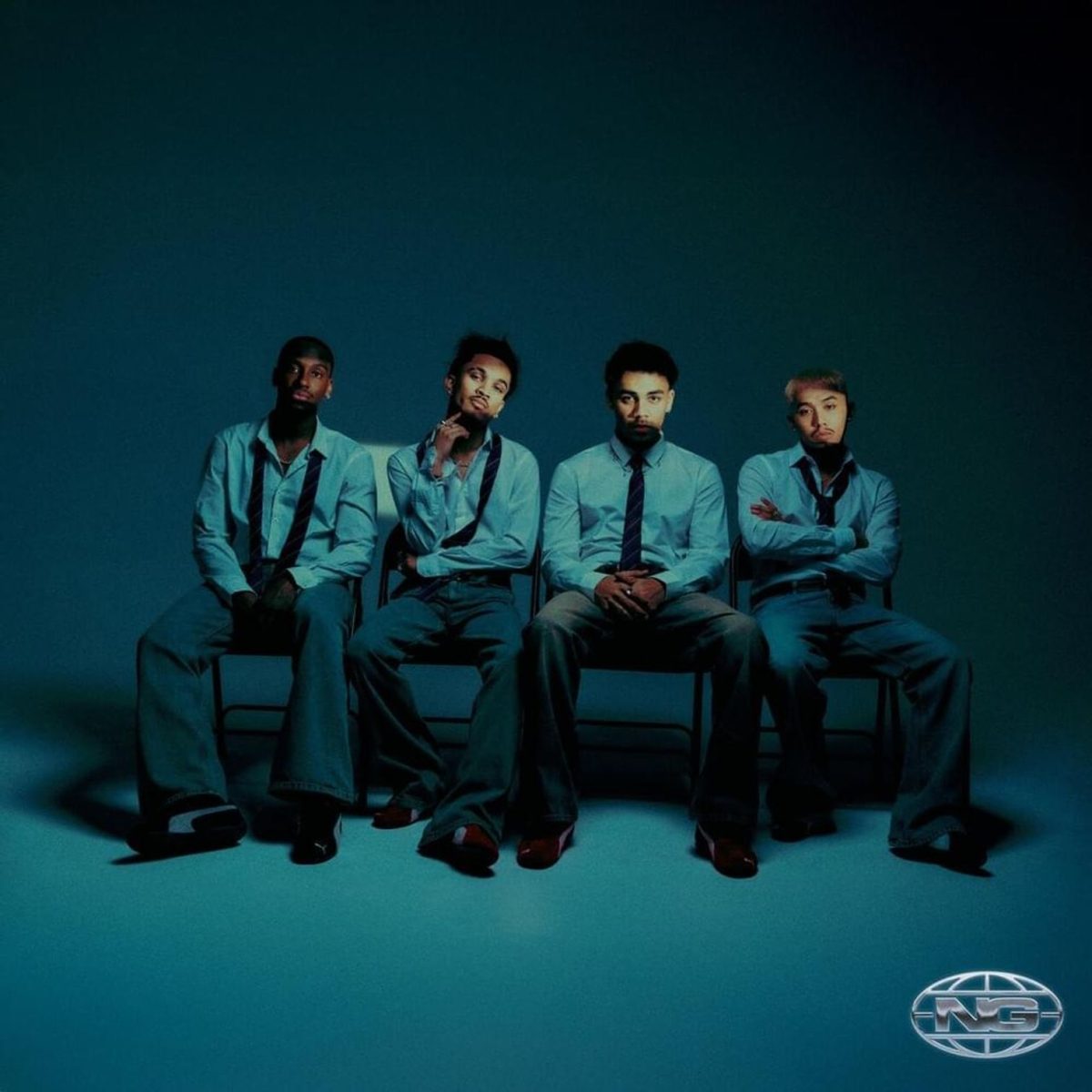


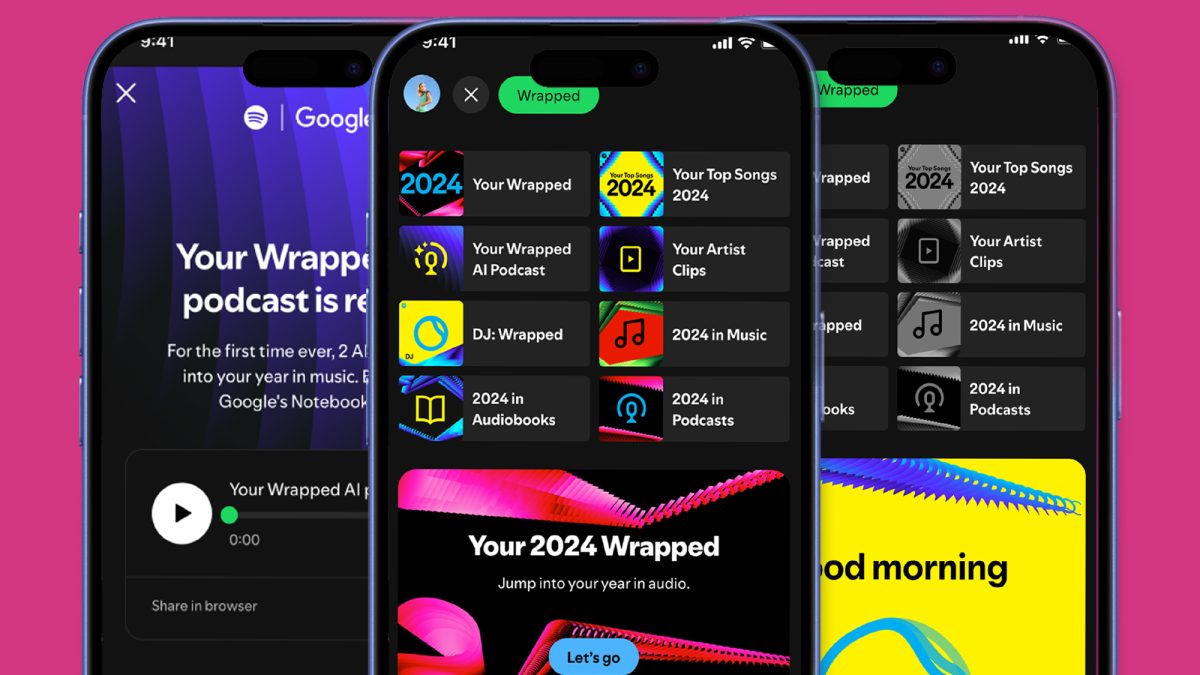
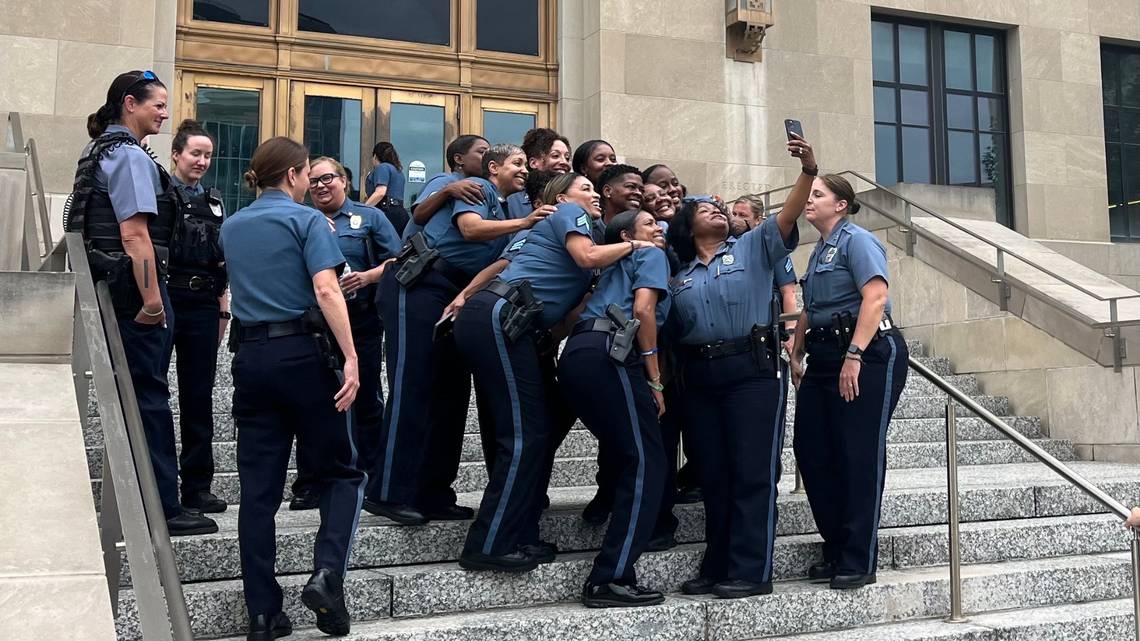
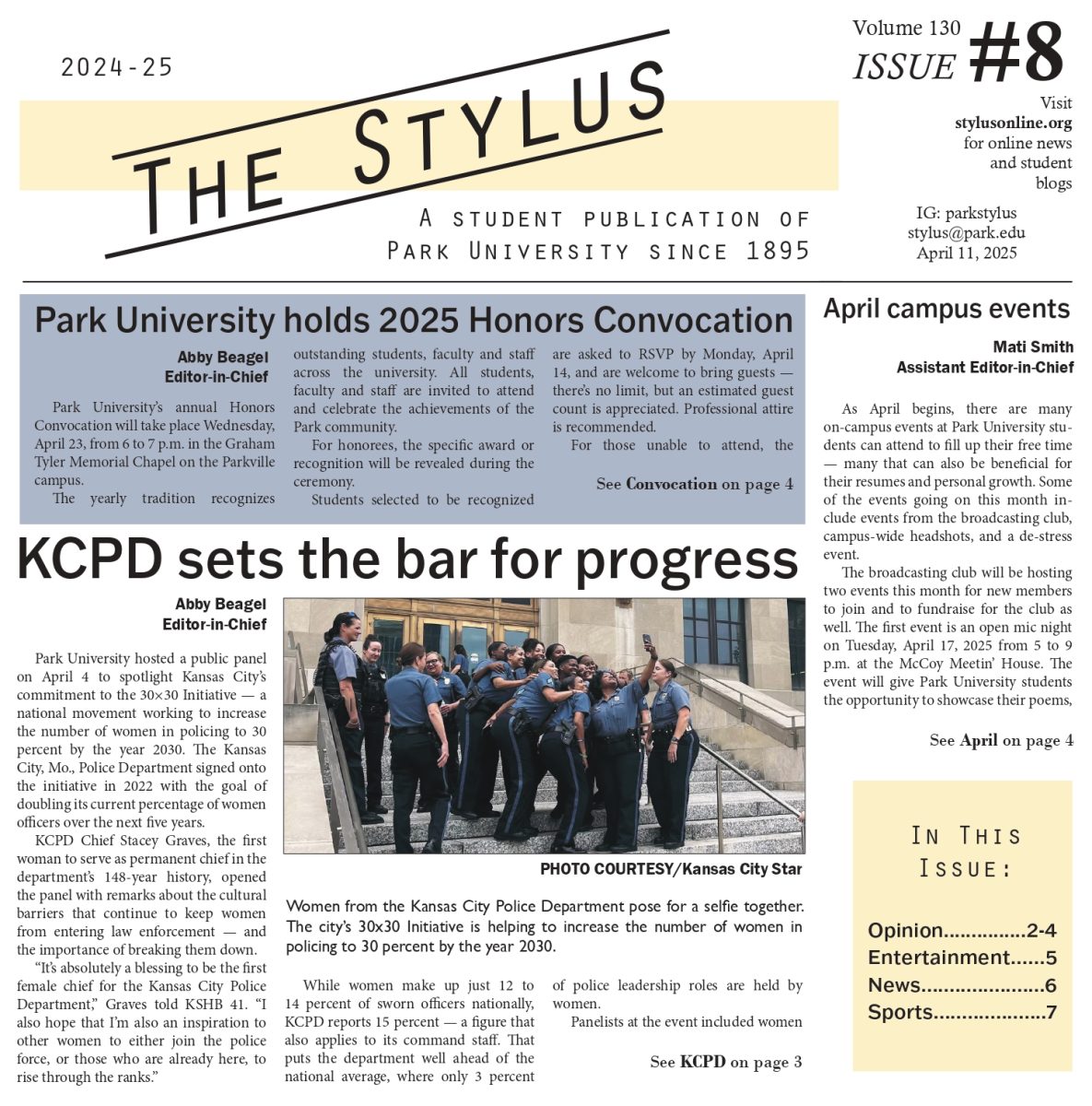
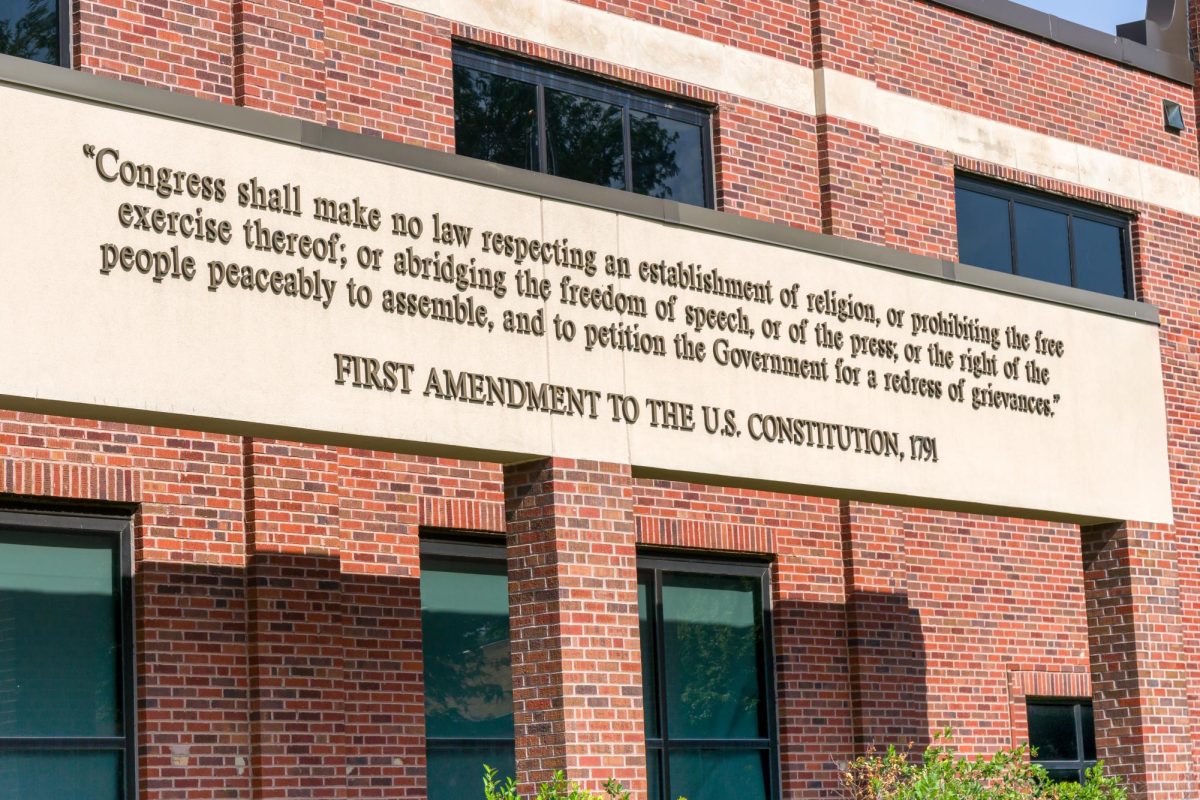
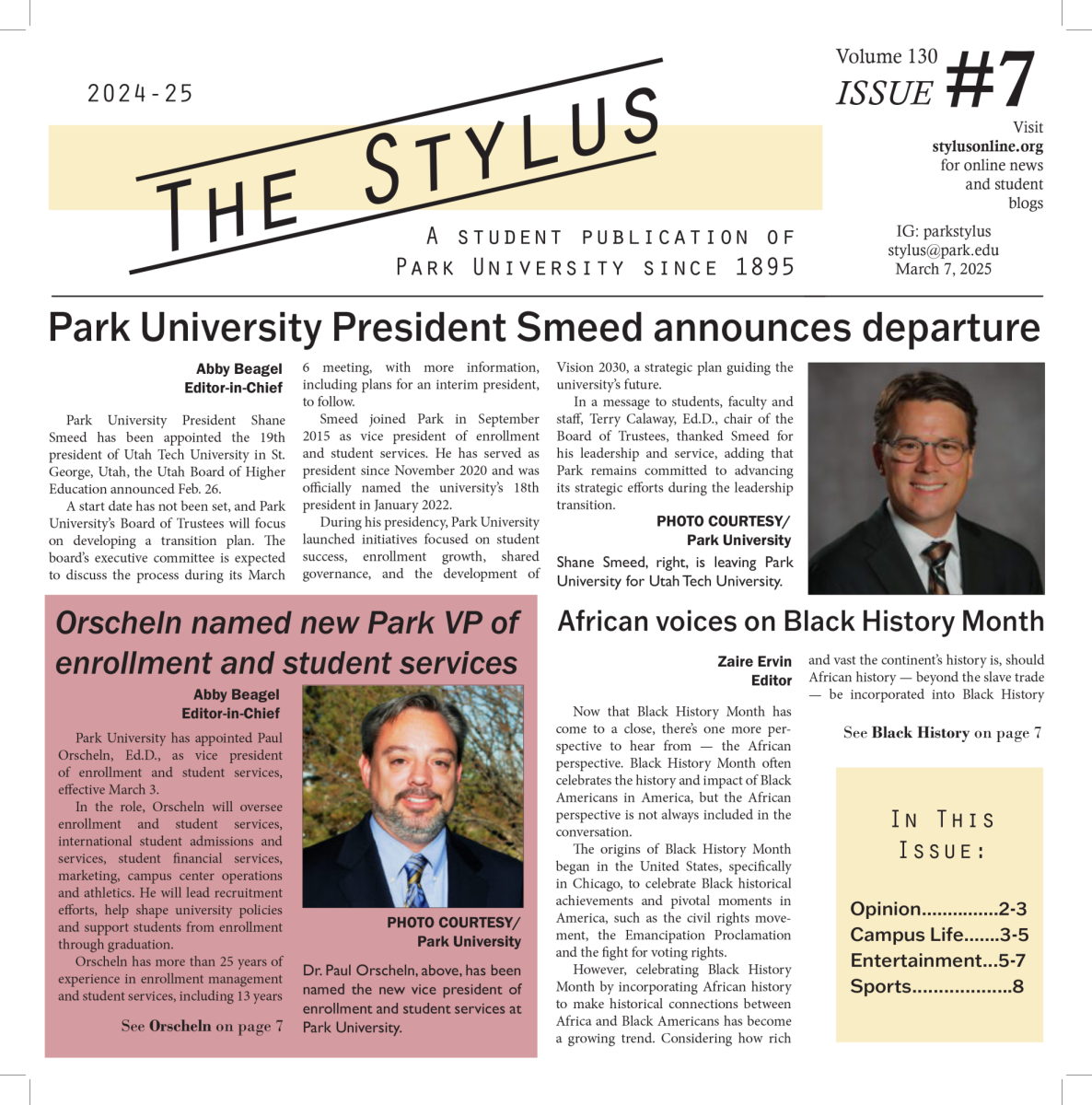
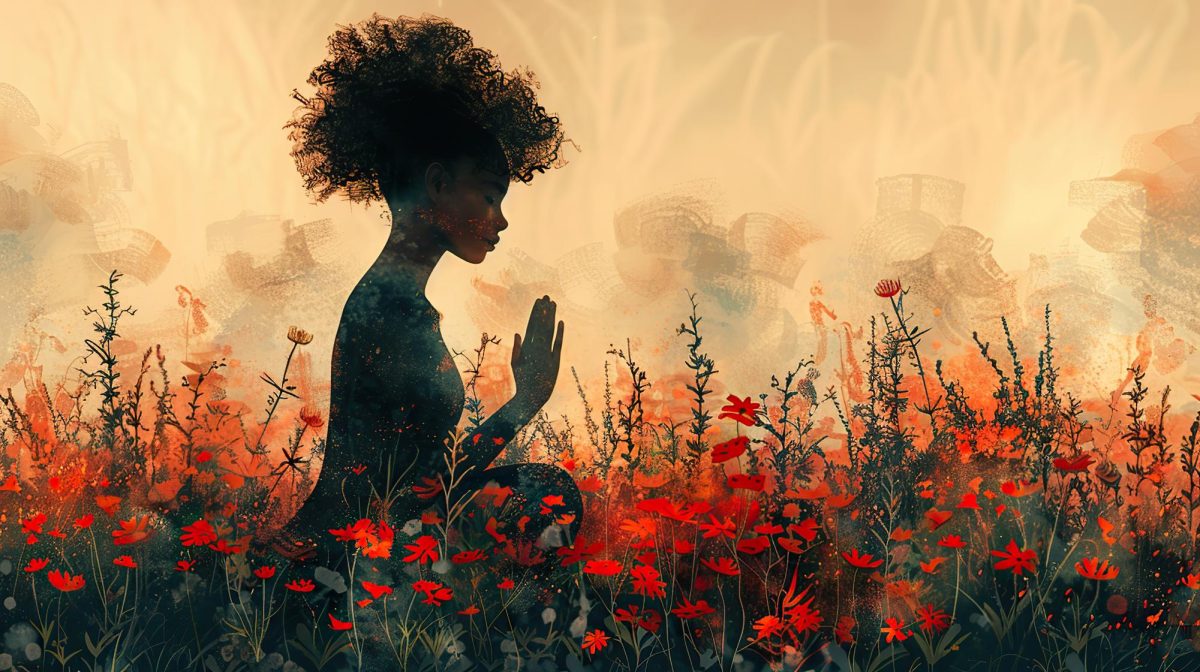
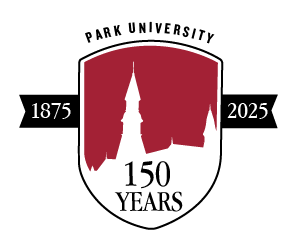
Anthony Travis • Feb 8, 2025 at 7:33 pm
Can we get back tik Tok please
Mark • Feb 8, 2025 at 6:56 pm
You’re right – keep in mind AOC was in one of the briefings where the “evidence” about the national security threat of TikTok was presented and she was shocked how little evidence there actually was. There’s a video of her talking about it.